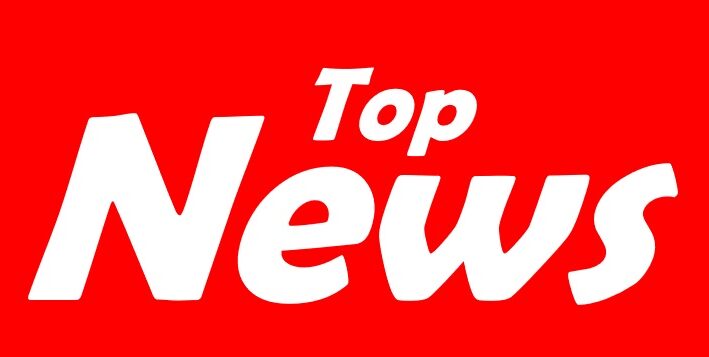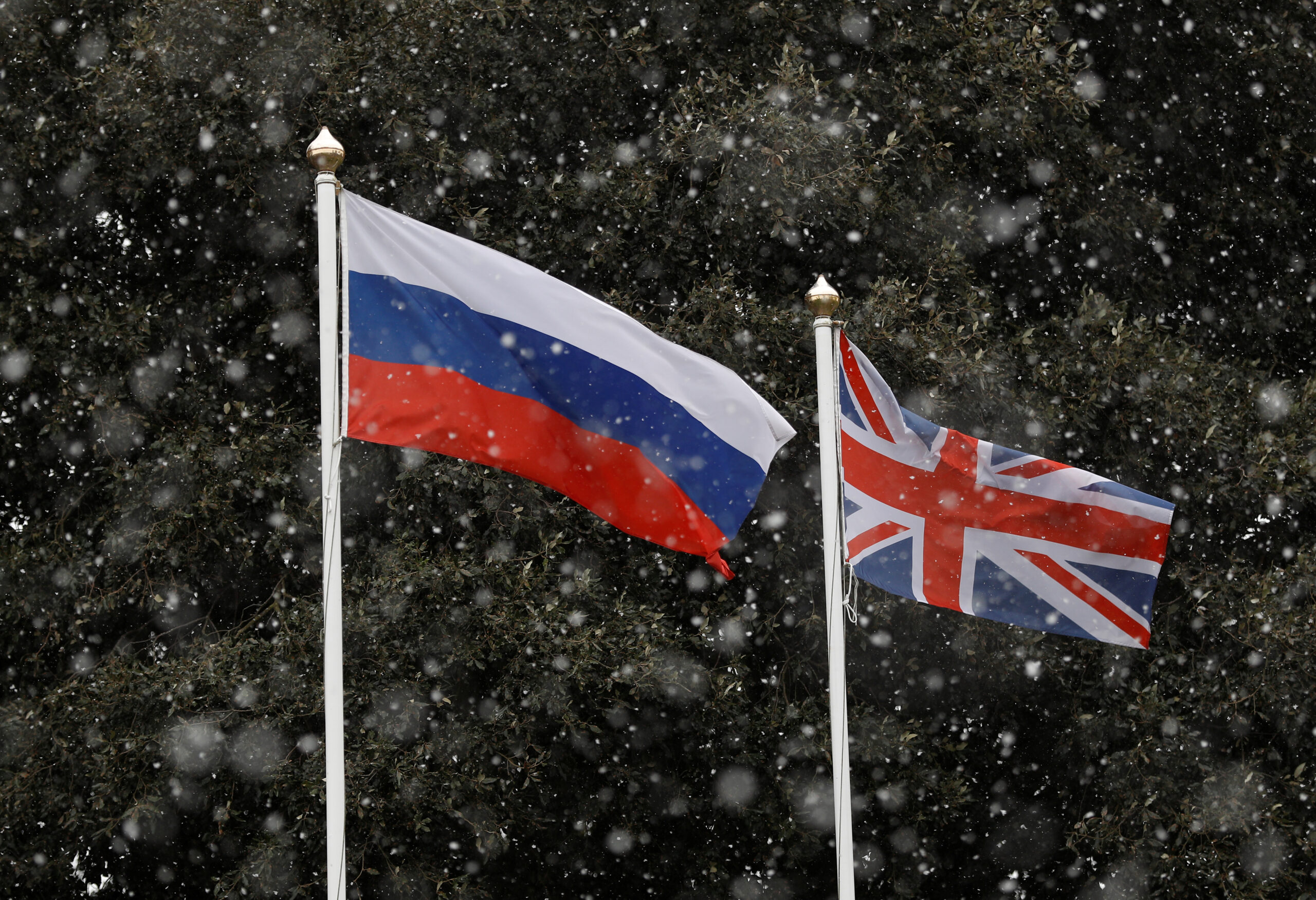UK and France Convinced Trump Putin Was Manipulating Him After Months of Diplomatic Pressure
According to reporting by Politico, a sustained three-month diplomatic effort by the United Kingdom and France has reportedly succeeded in persuading former U.S. President Donald Trump that Russian President Vladimir Putin was exploiting and misleading him.
The initiative, led by British Prime Minister Keir Starmer and French President Emmanuel Macron, involved a series of behind-the-scenes communications and high-level discussions aimed at redirecting Trump’s stance on the war in Ukraine. For months, Starmer and Macron persistently urged Trump to cease applying pressure on Ukrainian President Volodymyr Zelensky and to refocus his political ire and strategic criticism toward the Kremlin.
Sources familiar with the matter told Politico that a turning point came during Trump’s recent face-to-face meeting with President Zelensky in Rome. The direct encounter is said to have had a strong personal impact on Trump, helping shift his perspective on the nature of Russia’s aggression and the role of Western unity in confronting Moscow’s ambitions.
This diplomatic breakthrough, if sustained, could have significant implications for transatlantic consensus on the Ukraine conflict—particularly in light of Trump’s influence within the U.S. political landscape and the ongoing debate over future military and financial support to Kyiv.



